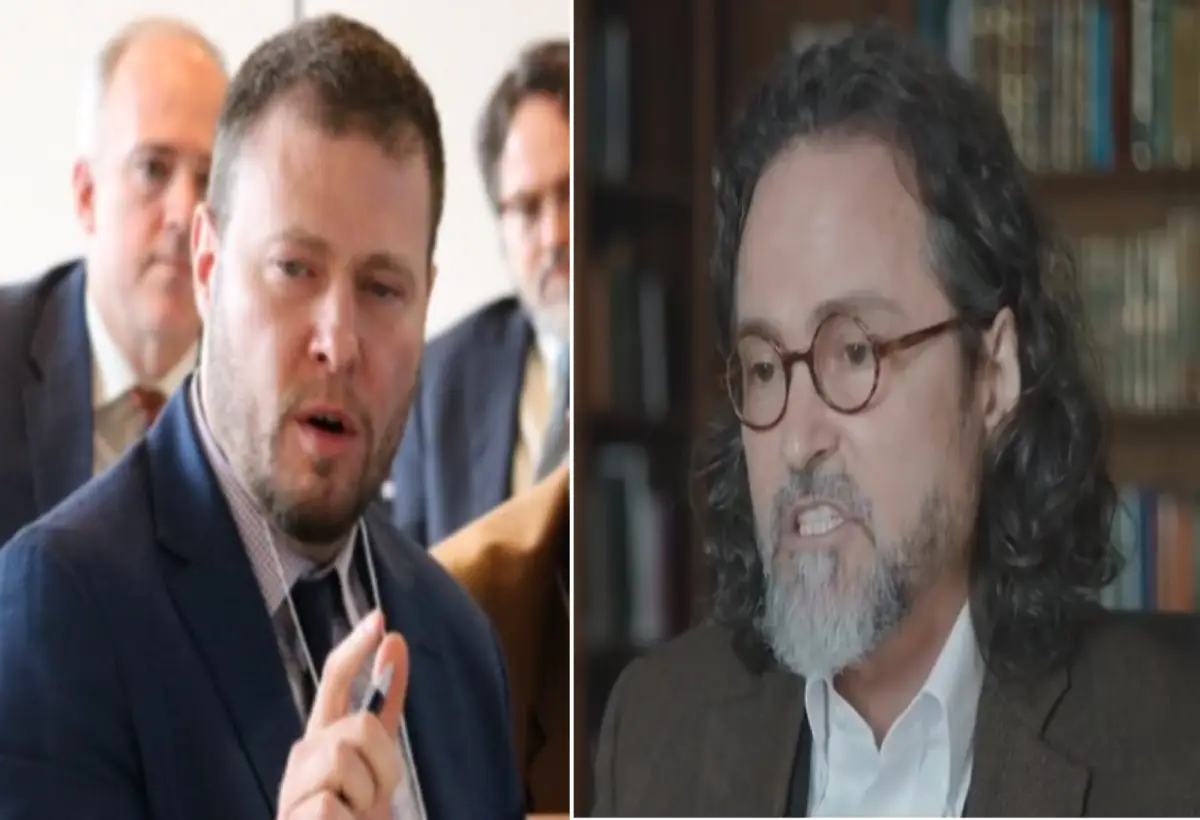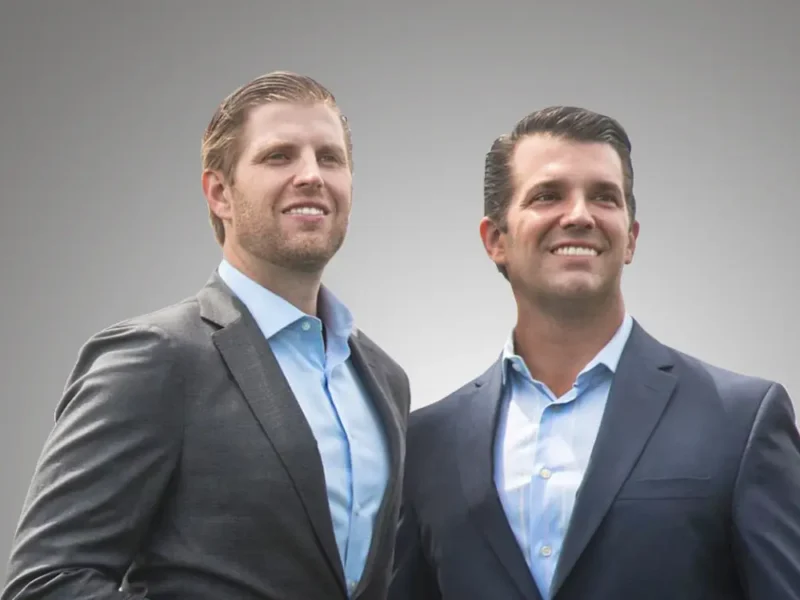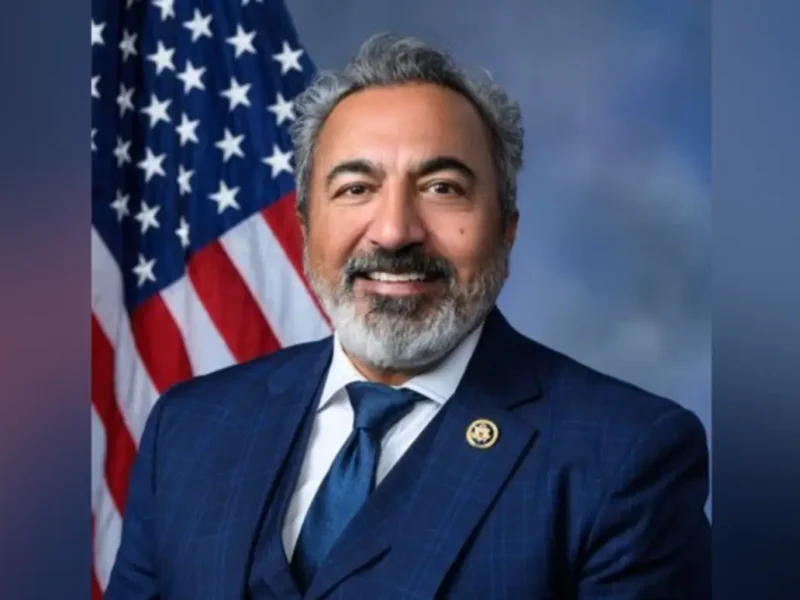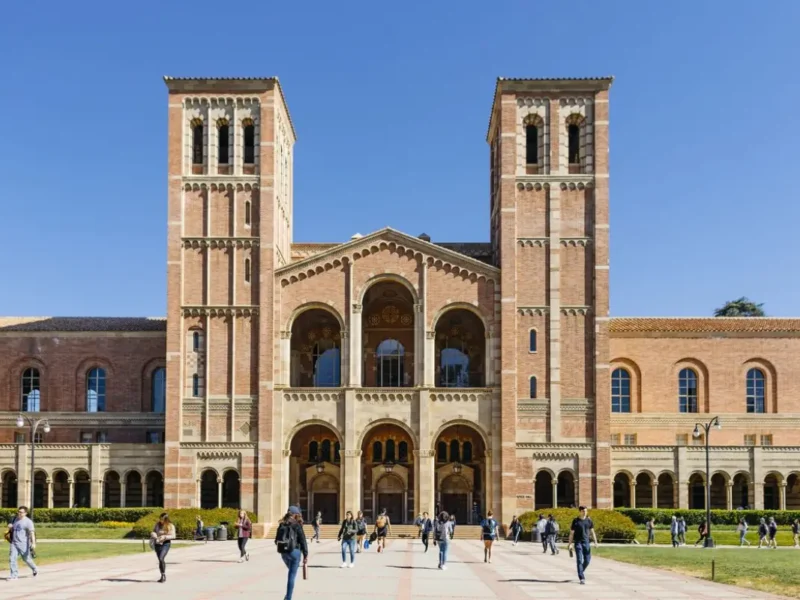
Appointments To White House Religious Liberty Panel Spark Debate
Photo: Religious Freedom Institute (Left), Photo: Wikipedia (Right)
India-West News Desk
WASHINGTON, DC – Two Muslim figures with controversial pasts have been appointed to the White House Advisory Board on the Religious Liberty Commission, drawing sharp criticism from conservative commentators and political observers. The appointments were made under President Donald Trump and confirmed by the White House on May 18.
Among those named is Ismail Royer, a Muslim convert and former member of the so-called “Virginia Jihad Network,” who previously pleaded guilty in a terrorism-related case. Royer, formerly known as Randall Todd Royer, trained in the early 2000s with Lashkar-e-Taiba (LeT)—a Pakistan-based group designated as a terrorist organization by the U.S. government. He was sentenced in 2004 to 20 years in prison for aiding and abetting the use of firearms and explosives in support of militant activities, serving 13 years before his release in 2017. Today, Royer serves as Director of the Islam and Religious Freedom Action Team at the Religious Freedom Institute, where he promotes interfaith dialogue and religious liberty.
Also appointed to the board is Shaykh Hamza Yusuf, a prominent Islamic scholar and co-founder of Zaytuna College, the first accredited Muslim liberal arts college in the United States. Yusuf, widely regarded for his academic and interfaith work, previously served on the U.S. State Department’s Commission on Unalienable Rights. However, in 2016, India’s National Investigation Agency (NIA) filed a charge sheet against him, alleging that his speeches had influenced individuals linked to extremist networks.
The appointments have generated intense backlash, particularly from right-wing voices. Conservative activist and Trump supporter Laura Loomer criticized Royer’s inclusion, calling it “insane and unacceptable.” Loomer pointed to his criminal record and past extremist affiliations, accusing the Trump team of a major lapse in vetting.
She also questioned whether President Trump was directly involved in the selection process or merely signed off on recommendations without full awareness of the appointees’ backgrounds.
As of now, the White House has not issued an official statement addressing the controversy or defending the appointments.



